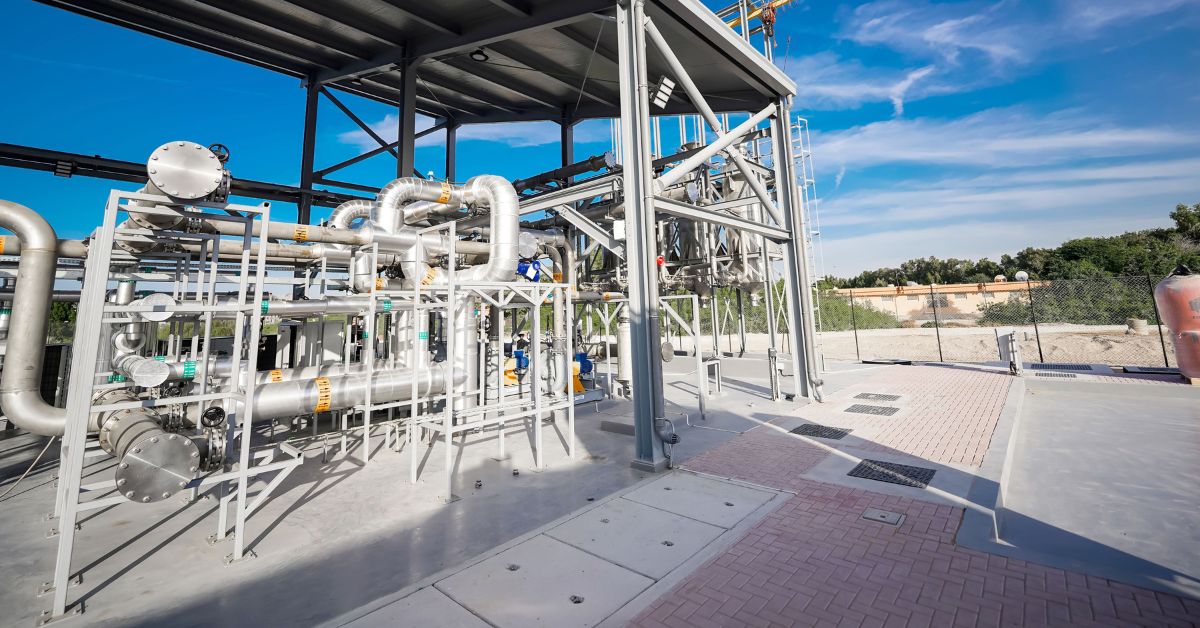LONDON —Strategically important power and water projects controlled by GCC governments or government-related entities (GRE), are benefitting from the support and lower risks, according to the latest report by Fitch Ratings.
GCC governments typically play multiple roles in power and water desalination projects, often controlling project companies with minority stakes held by international investors, the report highlighted.
Governments or GREs may act as offtakers, gas suppliers, grid operators, or land lessors, creating a stronger alignment of interests between the main project counterparties, it added.
The state-controlled tender process, the report said, minimizes competition from nearby plants.
Robust contractual provisions
The report noted that GCC power and water projects often feature robust contractual provisions, such as 20- to 30-year fuel supply and offtake agreements with GREs. Prices are usually fixed for the contract’s duration, reducing risks and leading to availability-based revenues. This supports high visibility of cash flows and financial metrics.
GCC projects are generally larger and have more redundancy built into plant designs compared to standard power projects in other regions. The inclusion of multiple technologies provides operational benefits, lowering the likelihood of unplanned outages or technical issues that could affect performance.
The combination of these factors leads to reduced standalone credit risks for GCC power and water projects, resulting in higher Standalone Credit Profile (SCP) assessments.
Most state-owned GCC power and water projects in Fitch’s portfolio are based in Saudi Arabia (A+/Stable), the United Arab Emirates (AA-/Stable), and Qatar (AA-/Positive). Their ratings are supported by strong government credit standing compared to many other emerging markets.
The Fitch Ratings report underscores the strategic importance of GCC government-controlled power and water projects.
The alignment of interests, robust contractual provisions, technical redundancy, and government support contribute to lower risks and higher credit profiles. The findings reflect the unique characteristics of the GCC region’s approach to power and water infrastructure, positioning it favorably in the global landscape.








